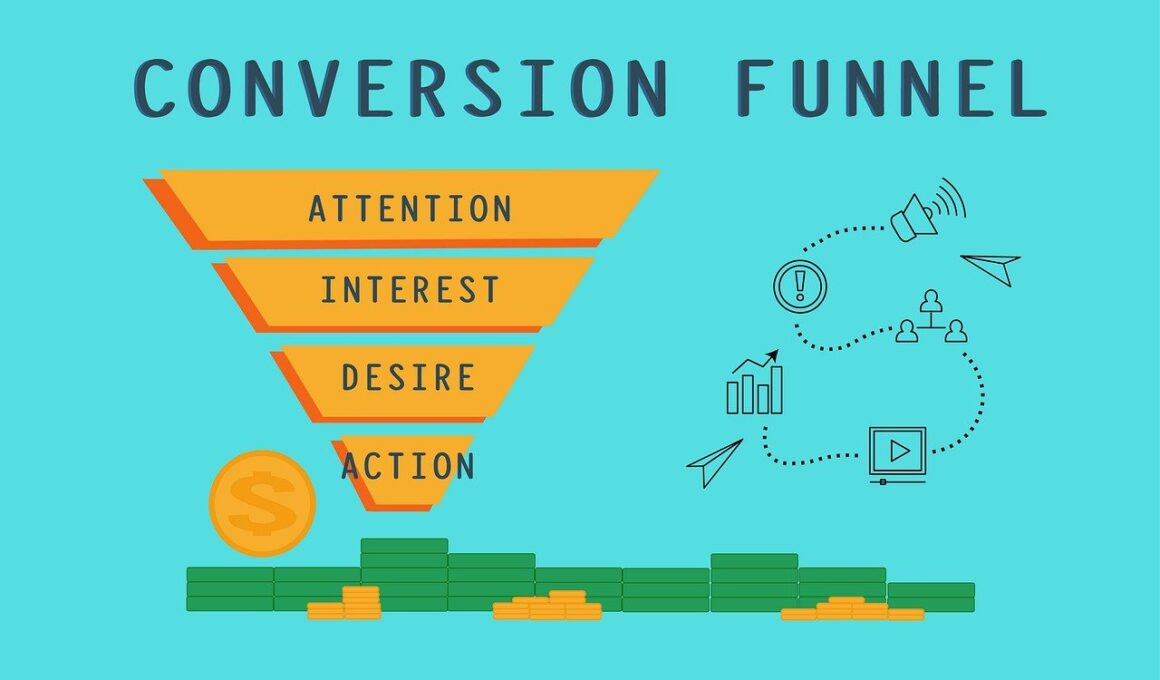Understanding the Basics of Sales Funnel Management in Direct Marketing
Sales funnel management is a crucial aspect of direct marketing that involves guiding potential customers through various stages of the purchasing process. The sales funnel typically consists of stages such as awareness, interest, consideration, intent, evaluation, and purchase. Understanding these stages helps marketers create targeted campaigns that effectively address the needs and concerns of potential customers at each point. The ultimate goal is to move leads from the top of the funnel down through each stage until they make a purchase. Effective sales funnel management requires continuous analysis and optimization of strategies to ensure maximum conversion rates. Marketers should regularly evaluate the performance of each stage and refine their approaches accordingly. This involves utilizing data analysis tools and customer feedback to understand better how leads interact with the marketing efforts. By improving the customer experience and addressing pain points throughout the sales journey, businesses can successfully convert leads into loyal customers. The focus should be on creating a seamless process that nurtures prospects and builds trust, encouraging them to complete their purchase while feeling satisfied and informed.
One of the key strategies for effective sales funnel management in direct marketing is content creation. High-quality, relevant content can significantly impact each stage of the sales funnel. Content should be tailored to address the unique needs and interests of potential customers, ensuring that it resonates with them. For example, during the awareness stage, blog posts, infographics, and educational videos can be valuable tools for attracting attention and generating interest. These resources should provide valuable information and demonstrate expertise in the field. As prospects move into the consideration and intent stages, more in-depth content such as case studies, product comparisons, and testimonials become essential. This content fosters trust and allows potential customers to evaluate their options carefully. Finally, once prospects are nearing the purchasing stage, targeted ads and personalized emails can remind them of their choices and encourage a decision. Each piece of content should include strong calls-to-action to guide leads further down the funnel. Implementing an effective content strategy helps ensure that marketing efforts are aligned with customer needs, ultimately leading to higher conversion rates.
Another vital aspect of sales funnel management is leveraging customer relationship management (CRM) tools. These tools enable businesses to track leads through the sales funnel, gather data on customer interactions, and analyze behavior patterns. CRM software can automate various processes, making managing leads more efficient and organized. For instance, it allows sales teams to set reminders for follow-up actions, send personalized messages to prospects, and monitor engagement levels. By capturing and analyzing data, marketers can gain valuable insights into which marketing channels are most effective at each stage of the funnel. Furthermore, CRM systems facilitate the identification of high-quality leads and help prioritize outreach efforts. This targeted approach ensures that marketing resources are allocated effectively and that leads receive the attention they deserve. CRM tools also assist in identifying potential bottlenecks within the funnel. By addressing these issues promptly, businesses can streamline their processes and reduce the risk of losing potential customers. Implementing a robust CRM system is essential for success in sales funnel management.
Effective Lead Nurturing Strategies
Lead nurturing is a fundamental component of sales funnel management in direct marketing. It refers to the process of building and maintaining relationships with potential customers throughout their journey. By providing valuable information and insights tailored to their needs, businesses can nurture leads effectively. One effective nurturing strategy is to engage leads through regular email campaigns. These emails can provide relevant updates, offers, and content designed to keep prospects interested and informed. Personalization is key; therefore, including the recipient’s name and relevant information can increase engagement rates. Moreover, marketers should segment their email lists based on interests, behaviors, or demographics. This targeted approach ensures that leads receive timely and pertinent information that aligns with their current position in the sales funnel. In addition to email campaigns, utilizing social media platforms is another way to nurture relationships actively. Regularly posting engaging content and responding to comments can help maintain ongoing conversations with potential customers. By prioritizing lead nurturing, businesses can ensure that prospects feel supported and valued, ultimately leading to a higher likelihood of conversion.
Another effective lead nurturing strategy is to provide educational resources and support. By positioning oneself as a knowledgeable authority in the industry, marketers can build trust and credibility with potential customers. Webinars, workshops, and downloadable resources such as eBooks or guides can offer valuable insights while showcasing the expertise of the brand. These resources not only equip potential customers with the information they need but also keep them engaged with the brand. Providing opportunities for direct interaction during these educational sessions helps create a personal connection between the brand and its leads. Additionally, strategic use of retargeting ads can re-engage past visitors or leads that may not have converted. Retargeting ads remind them of their previous interactions and encourage them to revisit the site, reinforcing brand awareness. The combination of valuable educational content and targeted retargeting efforts creates a robust lead nurturing strategy that keeps potential moves along the sales funnel. When leads feel informed and understood, they are more likely to convert and become loyal customers.
Measure and Analyze Data
Measuring and analyzing data is essential for effective sales funnel management. Metrics such as conversion rates, click-through rates, and customer acquisition costs provide critical insights into the performance of marketing efforts. With a clear understanding of these metrics, marketers can identify strengths and weaknesses within their sales funnel. Regularly analyzing data helps pinpoint bottlenecks where leads may be dropping off and allows for timely adjustments to improve the customer experience. Advanced analytics tools can provide detailed insights into how each stage of the funnel is performing and which marketing strategies are delivering results. Furthermore, A/B testing can be employed to compare different approaches and determine which resonates best with the target audience. By continuously measuring and analyzing data, businesses can optimize their sales funnels effectively. The objective is to refine marketing strategies based on insights derived from real interactions, ensuring that they align with the evolving needs of their customers. Ultimately, a data-driven approach leads to increased efficiency and improved conversion rates.
In conclusion, understanding and effectively managing the sales funnel is vital for success in direct marketing. A well-defined funnel can optimize every step of the customer journey, significantly impacting conversion rates and ultimately a business’s bottom line. By implementing targeted content strategies, utilizing CRM tools, and consistently nurturing leads, organizations can create a seamless and effective sales process. Furthermore, measuring and analyzing performance data will enable marketers to adapt their strategies based on real insights, ensuring they remain aligned with customer expectations. Sales funnel management is not just about pushing leads through the process but rather about building lasting relationships that encourage repeat business. Businesses should continuously strive to engage and inform their customers, providing them with the resources and support they need. By focusing on improving the entire customer experience and addressing specific pain points, companies can foster trust and loyalty. In doing so, they will not only witness an increase in conversions but also cultivate long-term, fruitful relationships with their customers, ultimately leading to sustained growth and success.
Implementing strategies discussed above in sales funnel management will lead organizations to greater achievements in direct marketing. By being adaptable and putting the customer at the center of decision-making processes, brands can develop deeper connections. When these strategies are combined effectively, they create a compelling experience for leads that guide them toward a purchase. Ultimately, the integration of content, nurturing, measurement, and analysis contributes to optimized conversion rates and sustainable growth. As the marketplace continues to evolve, businesses must stay agile, leveraging new technologies and maintaining a focus on customer engagement. By prioritizing transparency and trust throughout their sales funnels, organizations can create not just customers but advocates who support and promote their brand. Successful sales funnel management in direct marketing is a multifaceted approach that requires diligence, creativity, and an analytical mindset.


